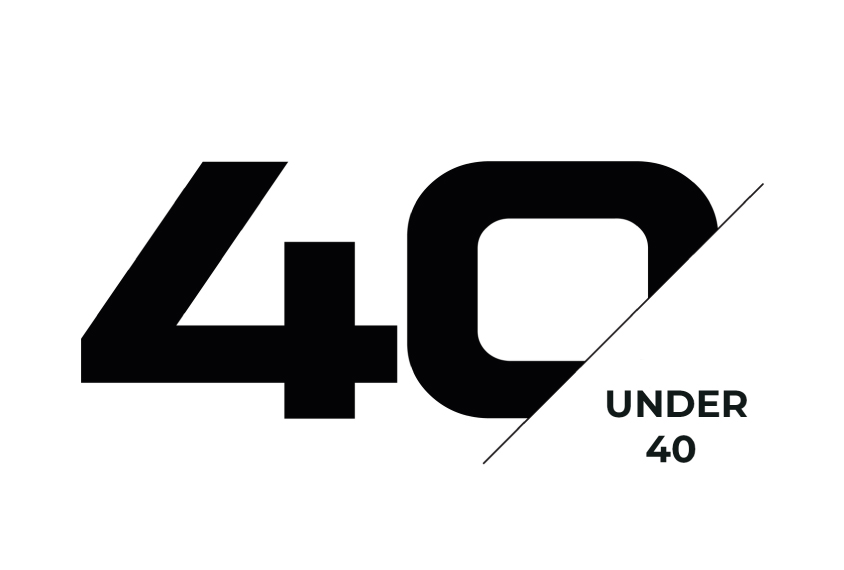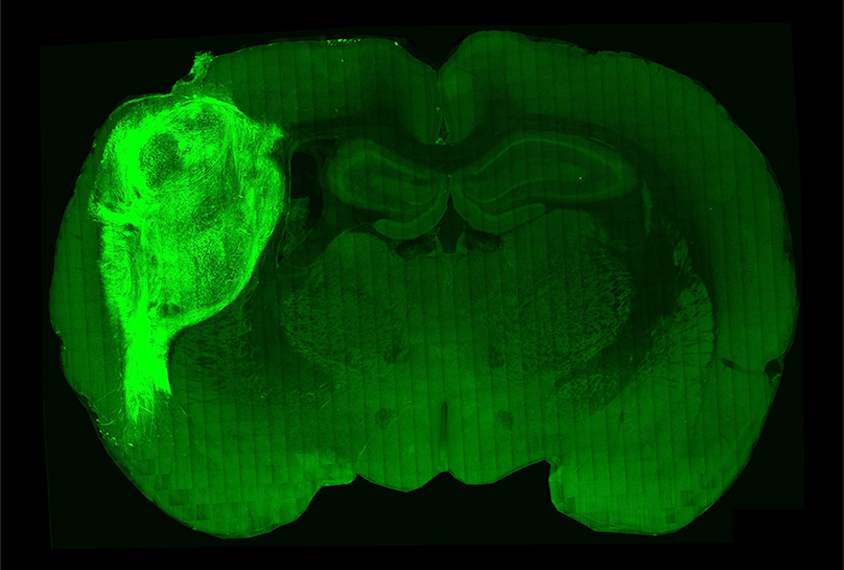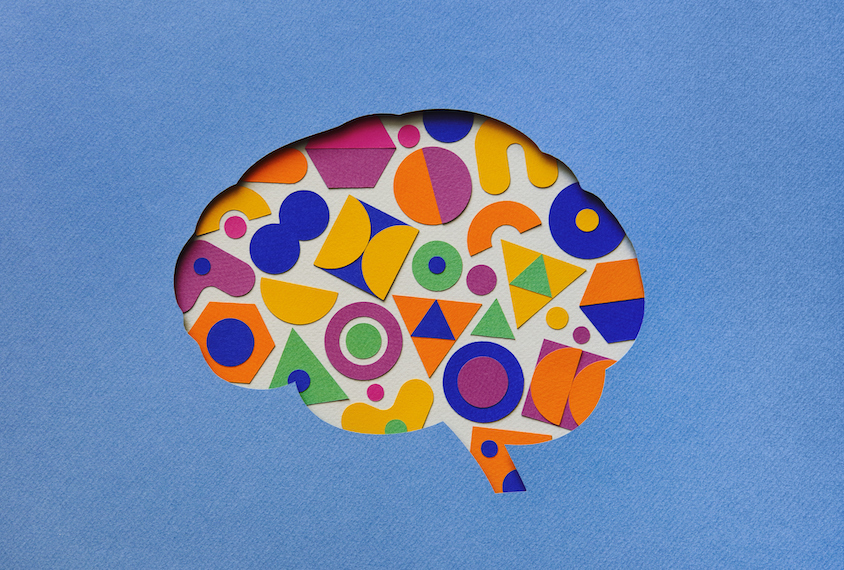2022: The year in review
Recent articles
40 under 40
In 2022, we asked our profile subjects and sources to flag rising stars in their labs or among their former students. The result is this list of 40 young researchers who are working on autism-related science across the globe.

40 under 40
In 2022, we asked our profile subjects and sources to flag rising stars in their labs or among their former students. The result is this list of 40 young researchers who are working on autism-related science across the globe.
Hot topics in autism research in 2022
This year saw the debut of ever-more complex techniques to grow and analyze brain organoids and other 3D tissue cultures, among other advances.

Hot topics in autism research in 2022
This year saw the debut of ever-more complex techniques to grow and analyze brain organoids and other 3D tissue cultures, among other advances.
Autism researchers’ top tweets in 2022
Social media chatter this past year took up a mysterious gene region, the brain’s physical geometry and other topics related to the advancement of autism science.

Autism researchers’ top tweets in 2022
Social media chatter this past year took up a mysterious gene region, the brain’s physical geometry and other topics related to the advancement of autism science.
Top conferences of 2023
Track some of the major autism science meetings next year on our timeline, and tell us which ones you plan to attend.

Top conferences of 2023
Track some of the major autism science meetings next year on our timeline, and tell us which ones you plan to attend.
Explore more from The Transmitter
Neuro’s ark: Spying on the secret sensory world of ticks
Carola Städele, a self-proclaimed “tick magnet,” studies the arachnids’ sensory neurobiology—in other words, how these tiny parasites zero in on their next meal.

Neuro’s ark: Spying on the secret sensory world of ticks
Carola Städele, a self-proclaimed “tick magnet,” studies the arachnids’ sensory neurobiology—in other words, how these tiny parasites zero in on their next meal.
Autism in old age, and more
Here is a roundup of autism-related news and research spotted around the web for the week of 2 March.

Autism in old age, and more
Here is a roundup of autism-related news and research spotted around the web for the week of 2 March.
Lack of reviewers threatens robustness of neuroscience literature
Simple math suggests that small groups of scientists can significantly bias peer review.

Lack of reviewers threatens robustness of neuroscience literature
Simple math suggests that small groups of scientists can significantly bias peer review.